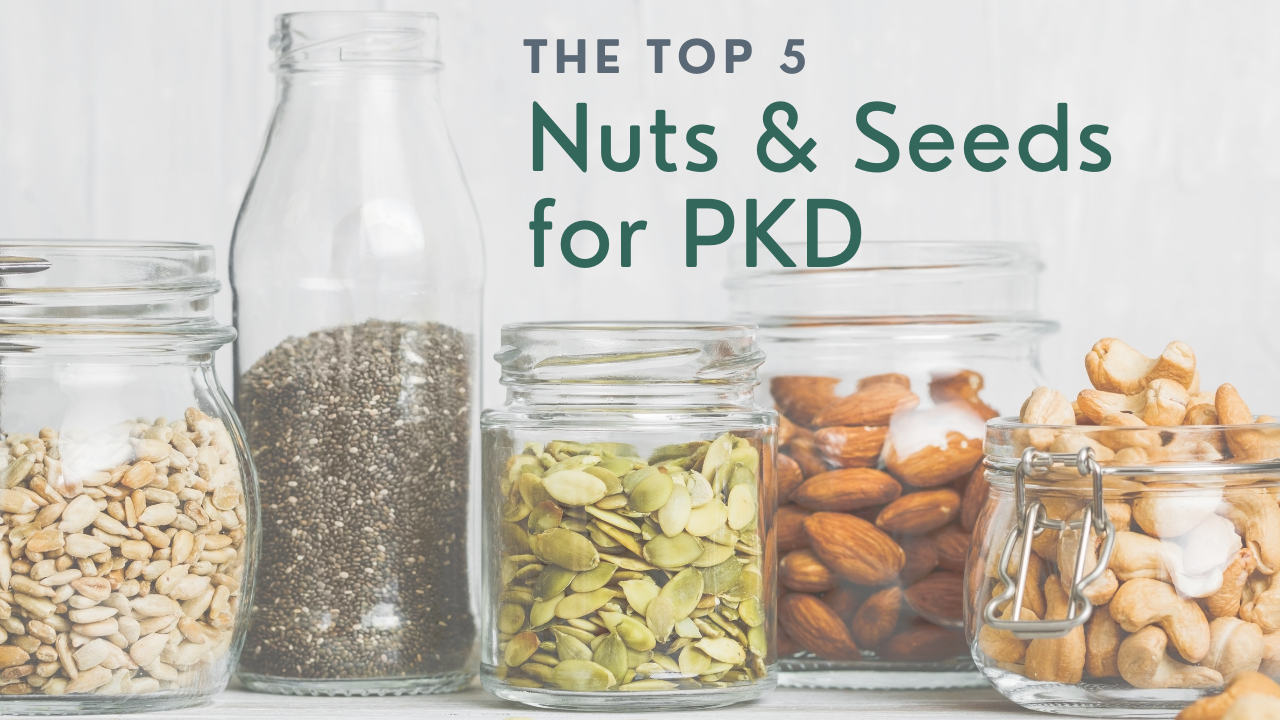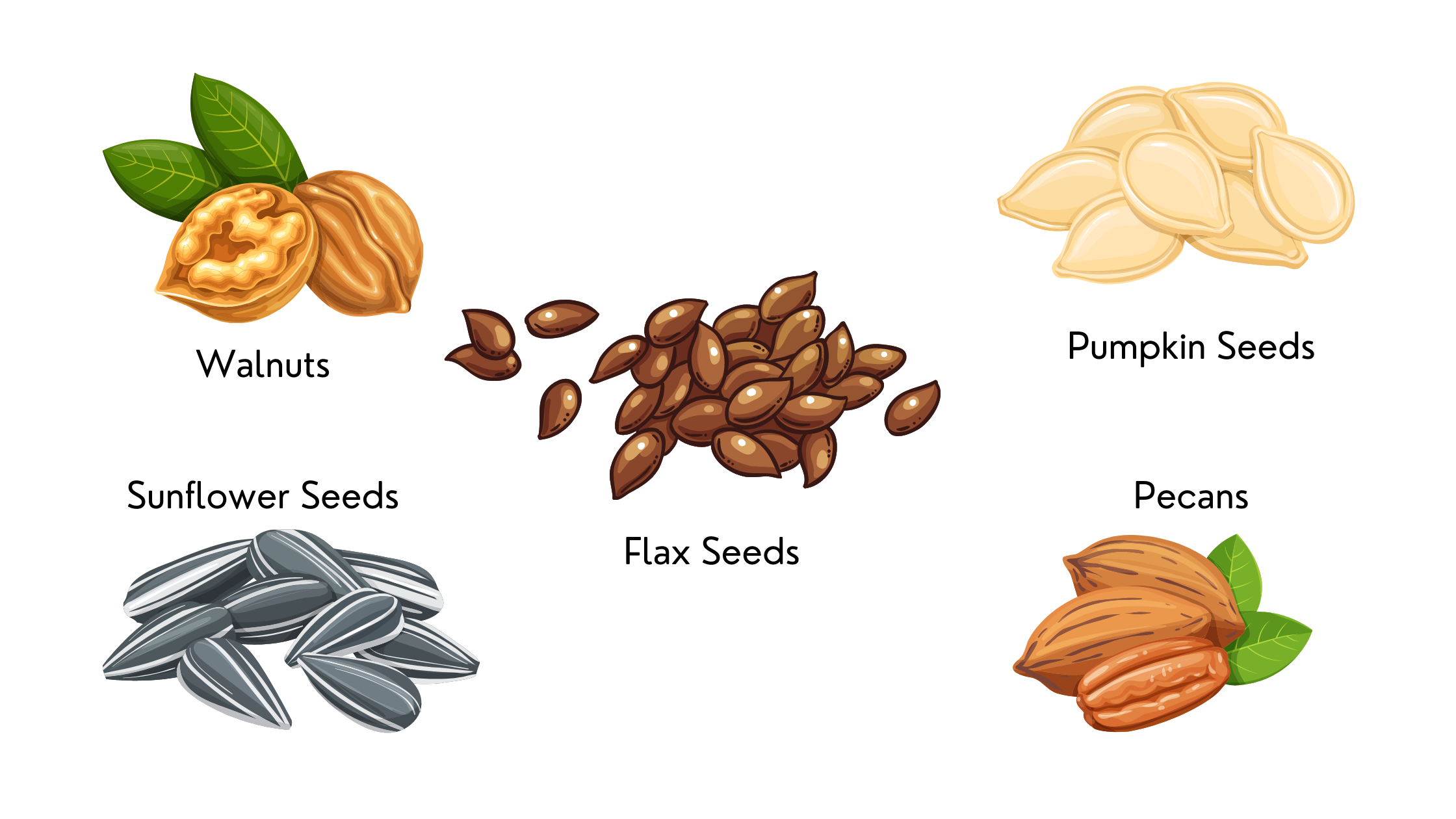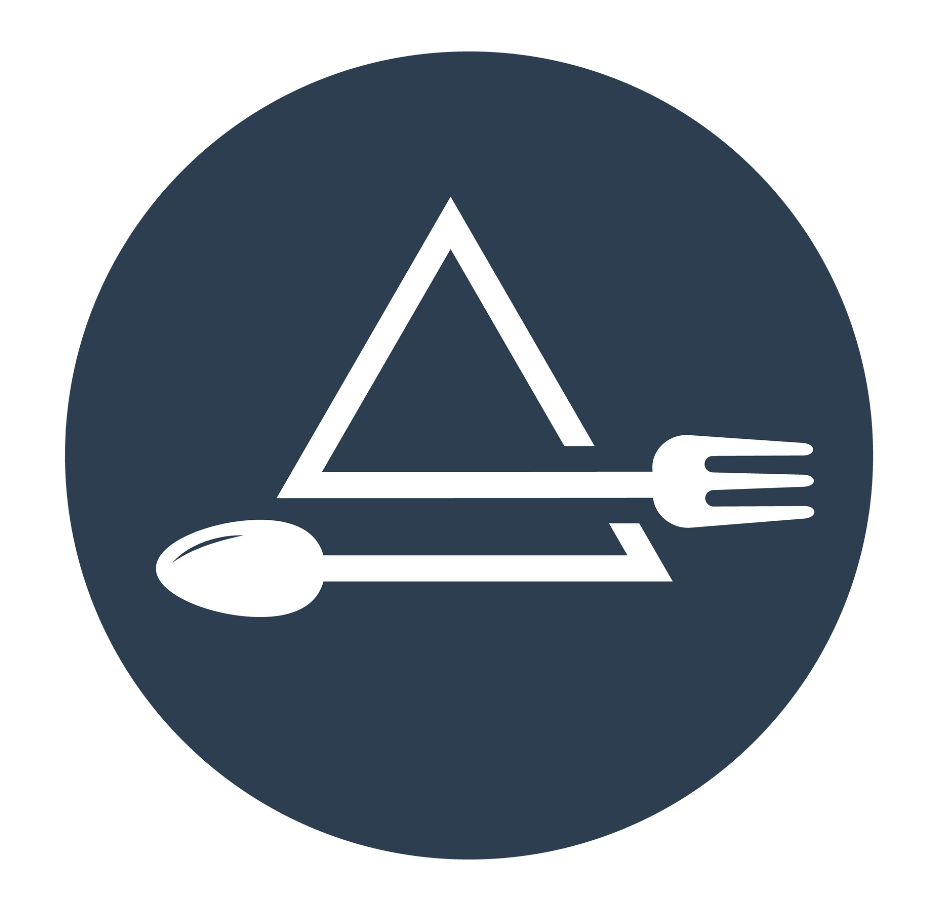
The Top 5 Nuts & Seeds for PKD
Mar 14, 2022Nuts and seeds may be tiny, but they are nutrient-rich powerhouses that offer unique health benefits. What are the best ones for PKD? This is a question I get asked often so wanted to give you some of my favorites.
What makes nuts and seeds so healthy?
Nuts and seeds contain a variety of kidney and heart-healthy substances:
- Contain heart-healthy fat, primarily MUFA & PUFA including ALA Omega-3 fats1
- All nuts contain fiber! Helps with improved gut health2
- Source of plant-based protein
- Rich in Vitamins, notably B Vitamins3
- Rich in Vitamin E, a potent antioxidant
- Rich in Minerals
- Antioxidant-rich4
- Help fight inflammation, contain anti-inflammatory properties5
Health Benefits of Nuts and Seeds
- Help lower LDL cholesterol, when part of a balanced and diverse diet.1
- Nut consumption is associated with a reduced risk of heart disease.
- Evidence shows a positive influence on HTN and inflammation.1
- Heart health - nuts & seeds heart disease risk, primarily due to their connection with lowering LDL cholesterol, improved artery function, and reduced inflammation.2
How are Nuts and Seeds Different?
Nuts are essentially larger seeds that are contained within a hard shell. Fun fact, coconut is a nut and not a fruit! Coconuts are the largest nut. Many nuts can be eaten without cooking.
The Top 5 Nuts & Seeds for PKD
*In no particular order

1. Walnuts
- Help fight free radicals6
- Help protect cells from oxidation damage7
- High polyphenol levels6
- Rich source of plant-based omega-3 ALA fatty acids
- Good source of Vitamin E8
- Natural source of melatonin7
Recipe Ideas:
2. Pecans
- Rich in Vitamin E9
- High polyphenol content9
- Excellent source of manganese10
- Good source of copper and thiamin10
Recipe Ideas:
Arugula, Apple, Cranberry, & Pecan Salad
3. Sunflower Seeds
- Rich in the antioxidants vitamin E, selenium, and quercetin
- Great fiber content11
- Good source of Vitamin B6, folate, and niacin11
- Very low oxalate12
Recipe Ideas:
Avocado & Tomato Salad with Sunflower Seeds
4. Pumpkin Seeds
- Also known as "Pepitas"
- Good source of Vitamin E13
- A diverse blend of antioxidants
- Excellent source of magnesium13
- Good source of magnesium, zinc, and Vitamin K13
- You can eat them shelled or unshelled!
Recipe Ideas:
Vegetable Stir Fry, keto-friendly
Sweet Ginger Roasted Pumpkin Seeds, keto-friendly
5. Flax Seeds, ground
- Good source of potassium, calcium, magnesium, iron, Vitamin A14
- Excellent source of the plant-based omega-3 alpha-linolenic acid (ALA)14
- Excellent fiber content14
- Anti-inflammatory properties
- Tip: buy whole flaxseeds and grind as needed, I use a coffee grinder. Store in the fridge. This keeps them fresh and you get the most benefit!
Recipe Ideas:
Flax Cracker Crisp, keto-friendly
What Counts as a Serving?
WIth nuts & seeds, you want to portion smart as a little goes a long way both with benefits but also with calories. While the number of nuts per serving varies by type, a typical serving is 1 oz or about 1/4 cup or a small handful (palm of the hand only).
Happy Eating!
Diana, The PKD Dietitian

